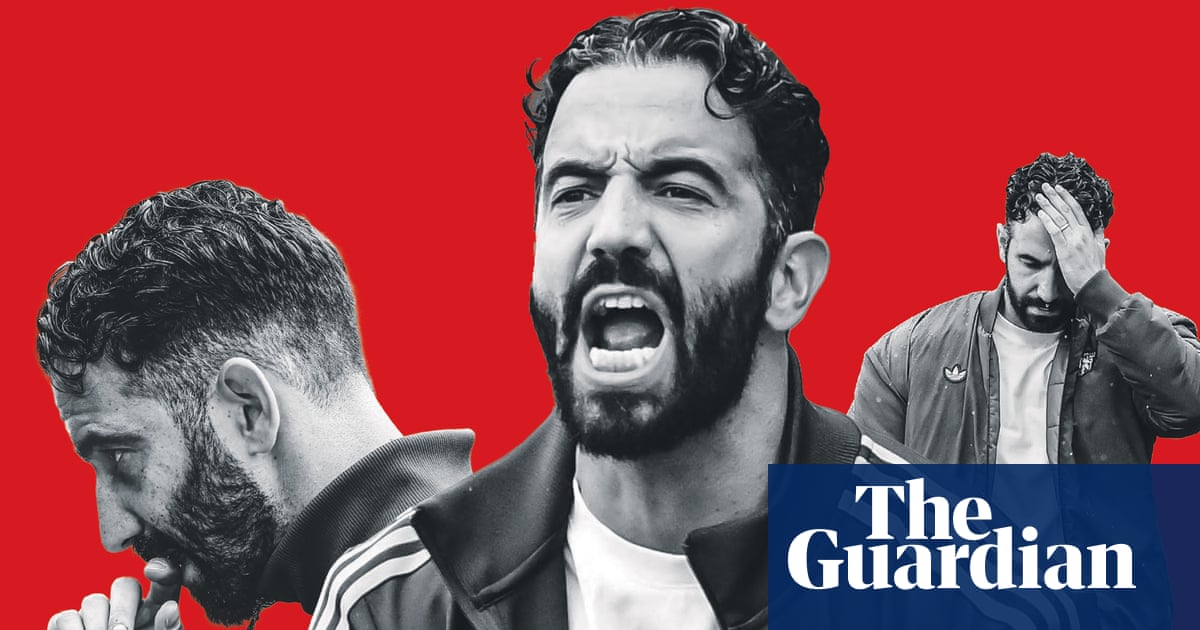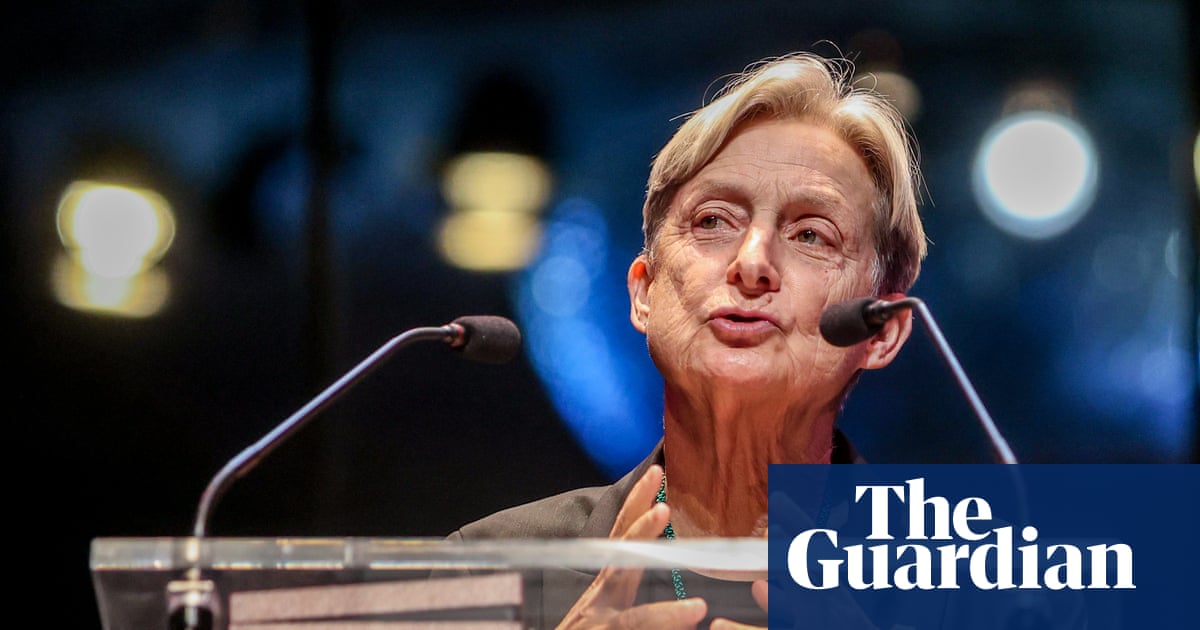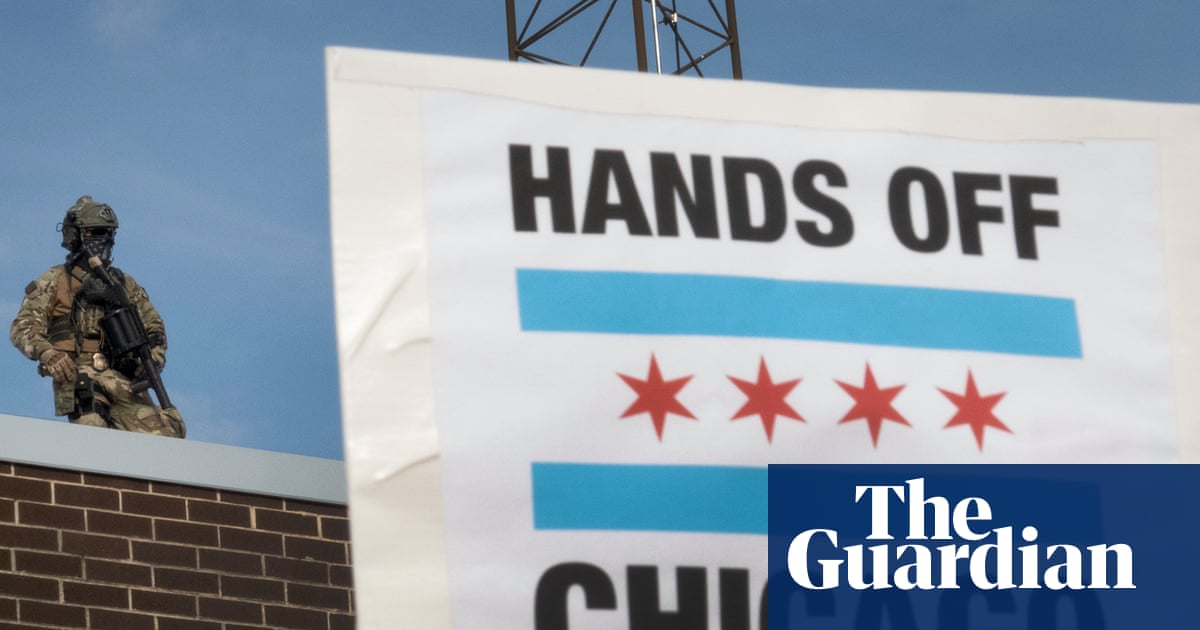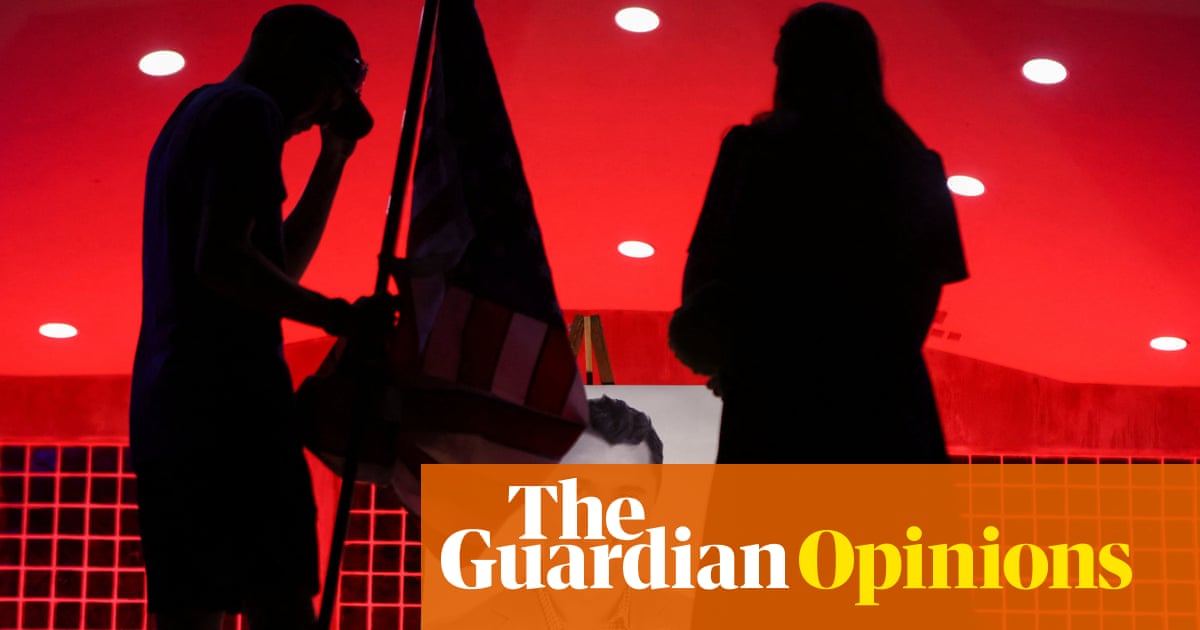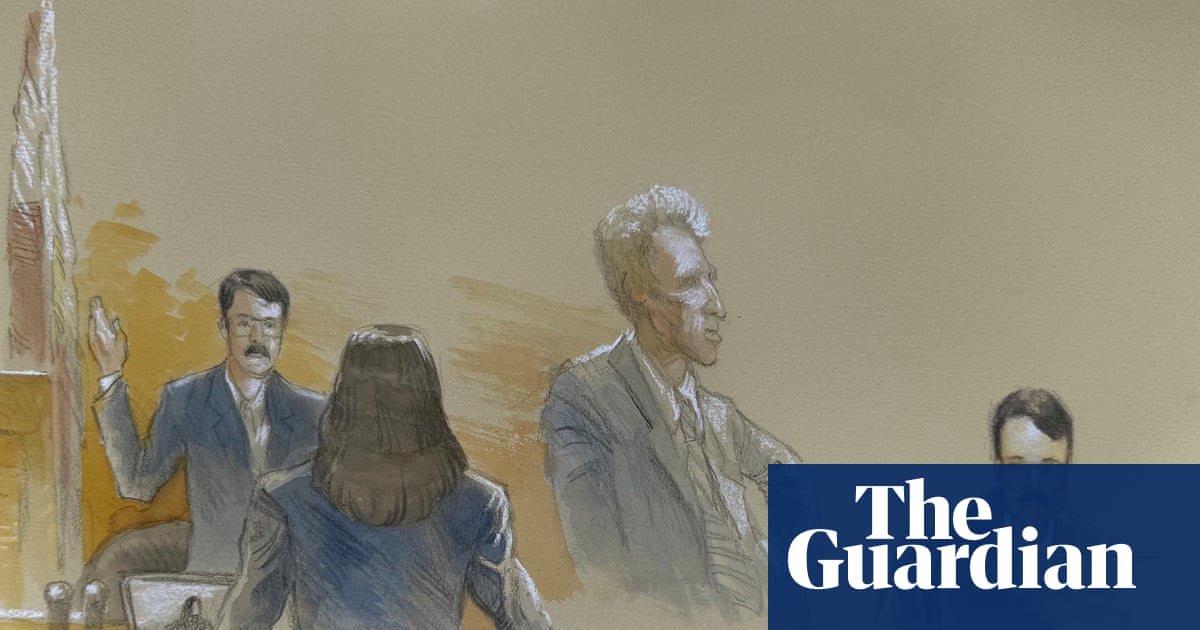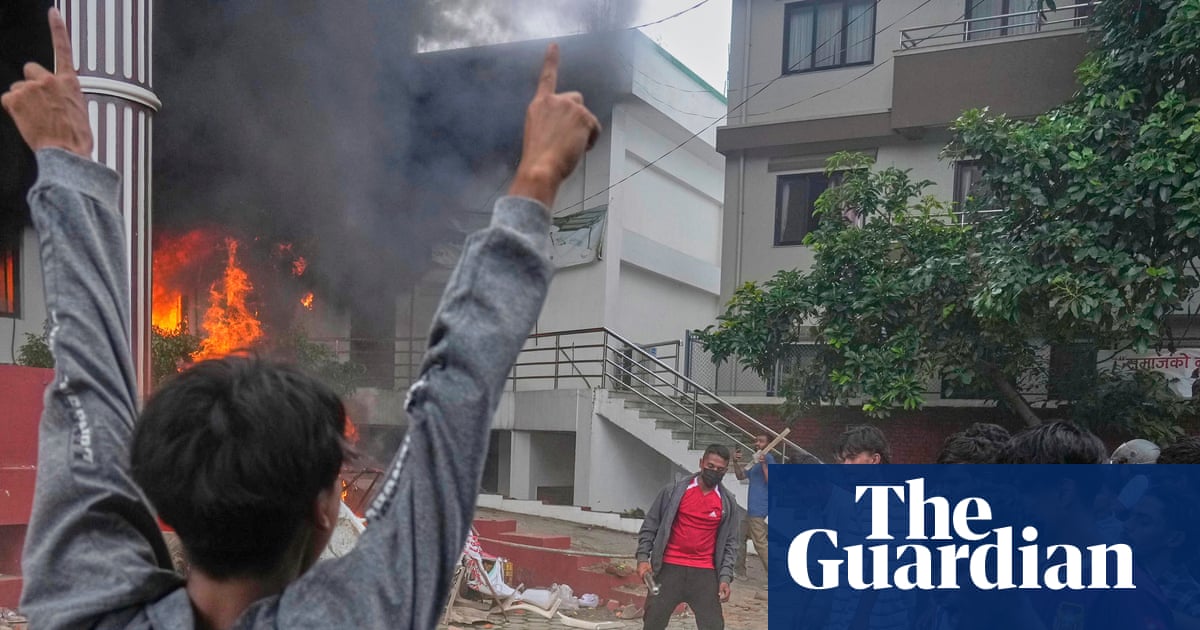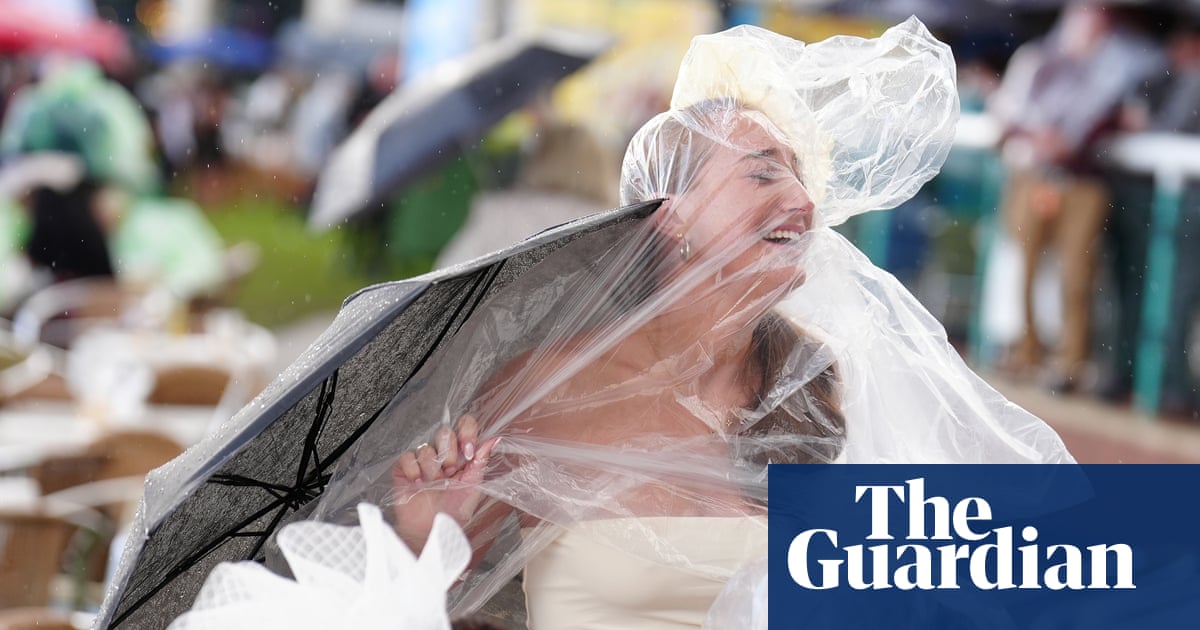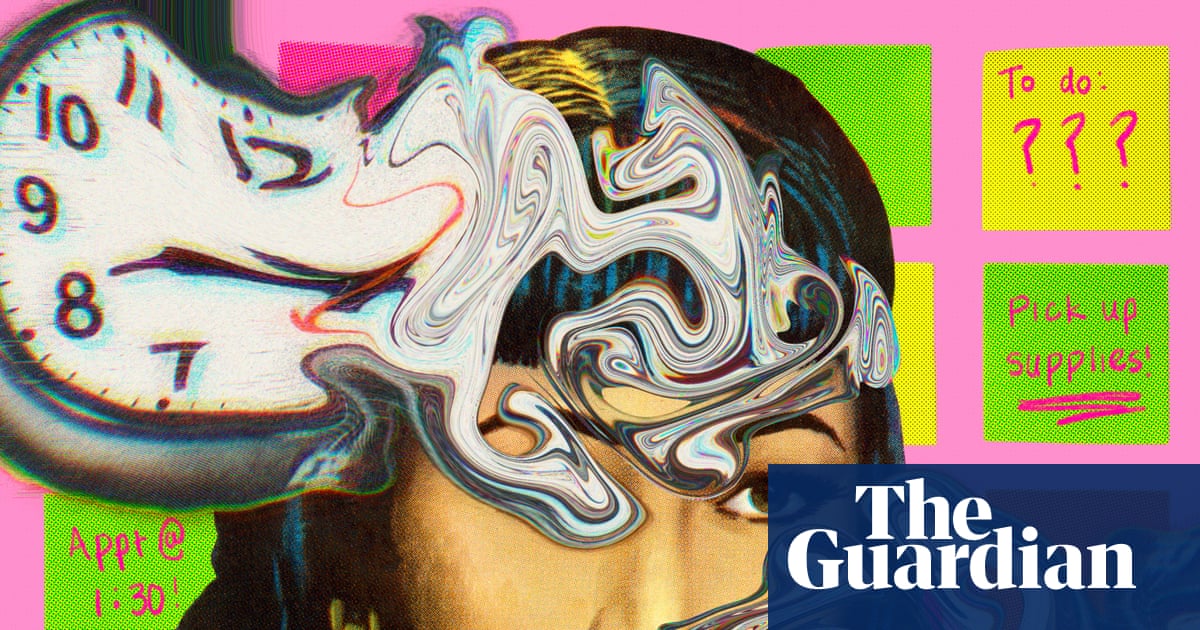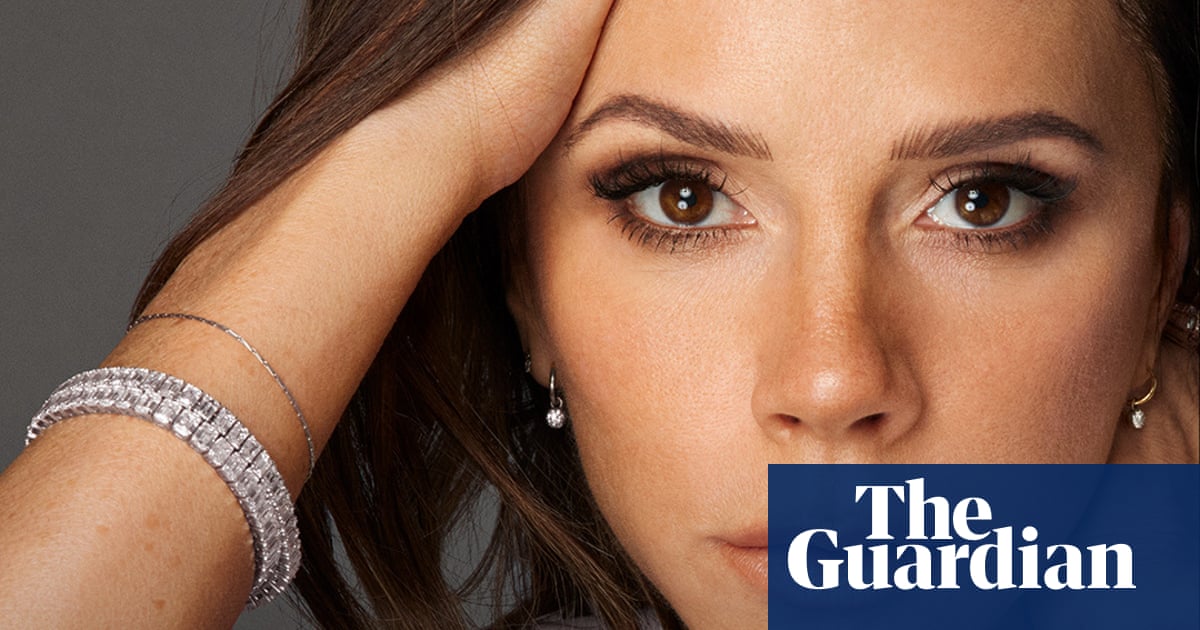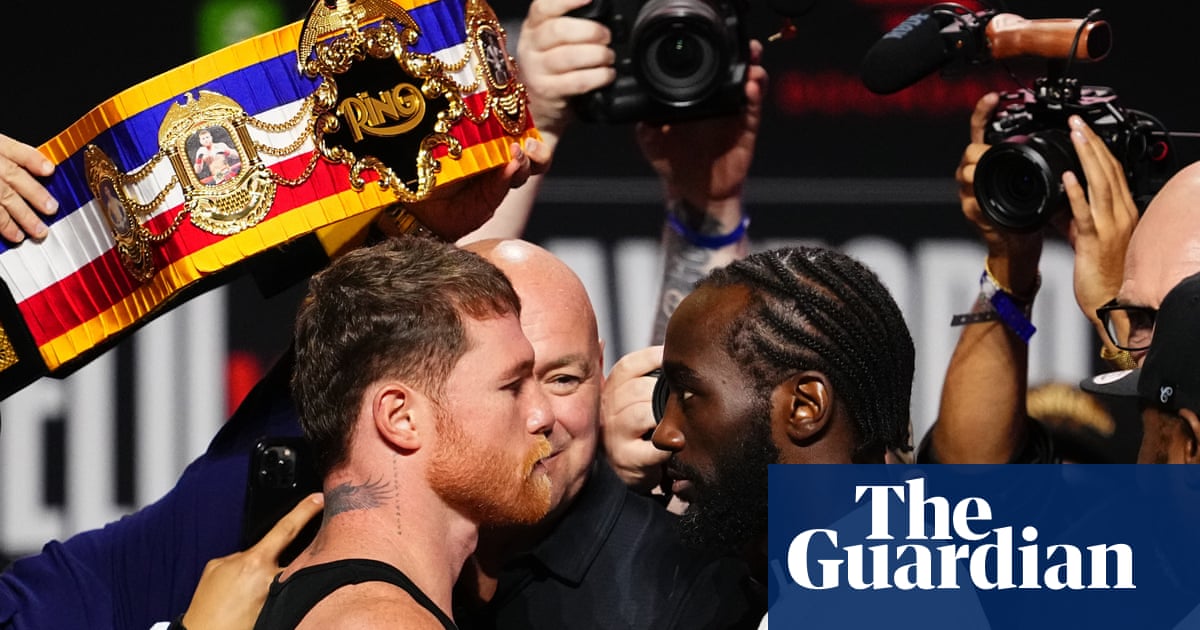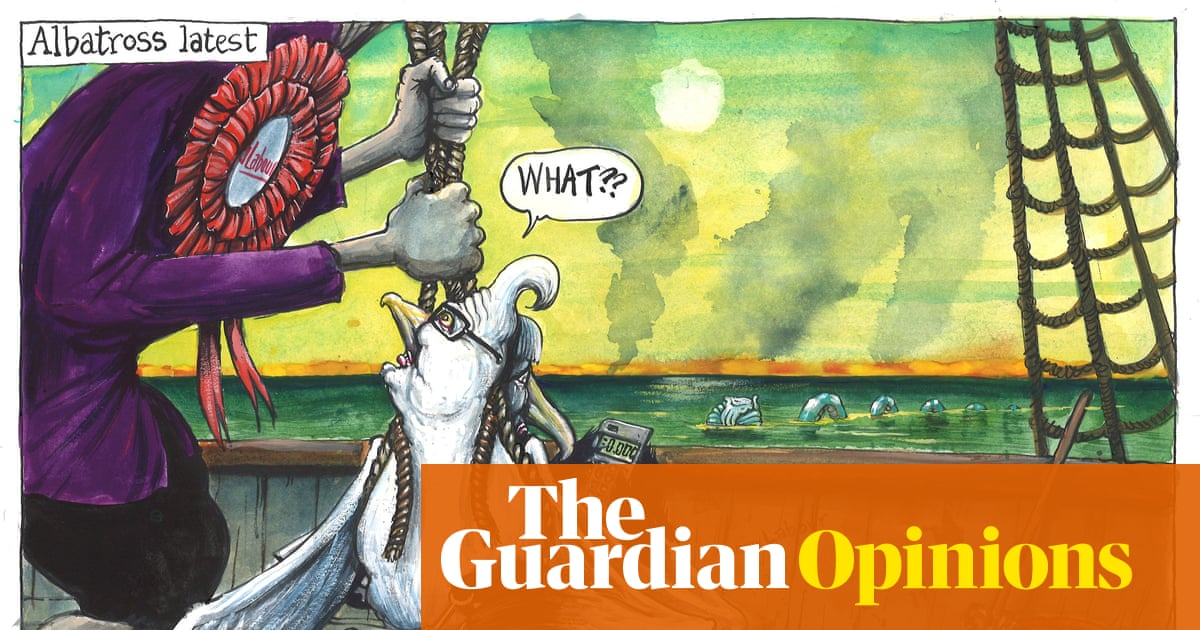I don’t remember a time in my life when Chrissy wasn’t in it. We were born 11 days apart and were both one when our families moved on to the same street in Geelong, a port city an hour south-west of Melbourne. We had a very Australian childhood; summers spent in our bathers, running through sprinklers; swimming in back yard pools; eating sausages in bread on New Year’s Eve, when we were allowed to stay up late while our parents drank cask riesling with the neighbours, and we’d lie on the cool evening grass listening to crickets.
During those blisteringly hot summer days of our childhood, we lived at the beach, where shark alarms were constant and the waves dangerous. Occasionally, Chrissy would paddle out on her inflatable red and blue raft to the big waves out the back where the serious surfers were. Sometimes, I’d panic when I’d lose sight of her, only to see her come rolling in on a massive wave, perched on top, laughing her head off. She was fearless.
But I did lose her, five decades later. When Chrissy died at 51, I discovered a new and terrifying grief: that for a best friend. It was shocking, painful and incredibly lonely. Friends know you differently from family, but where do you sit in the pecking order? Below immediate family, ahead of a cousin, behind a current workmate?
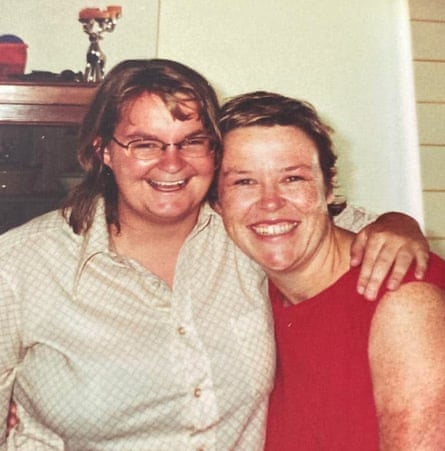
Our lives began together and the sheer amount of time spent with each other – the years of conversations and experiences, silly and serious – gave our friendship depth and meaning. Chrissy knew me in a way nobody else ever will. She saw me through experiences no one else ever knew about, not even my family. So why is it so hard to talk about the specific pain of losing a friend?
Though we’d spent most of our childhood and early 20s together, Chrissy and I diverged in our mid-20s when I moved cities and, eventually, countries, to America. But despite the distance, our friendship remained strong, rooted in a shared history. We were like branches on an old tree that had grown in and around each other.
“I’ve got a damned brain lesion,” Chrissy had messaged from Melbourne while I was on the runway at LAX in Los Angeles, about to fly home to New York after a raucous weekend celebrating a friend’s birthday. “It’s happened so fast. I have to go straight into hospital to get it removed, so I don’t know if it’s straightforward and they just get it or if I need follow-up treatment,” she’d written.
“I just wanted to let you know the bad news rollercoaster is still taking rides,” she’d added, referring to my wife, Mika, who’d been successfully treated for breast cancer a few years before. “But they said it’s in a good spot and they can access it, so I’m feeling OK.”
I felt like the wind had been knocked out of me as the plane began taxiing down the runway.
“Sorry this is a message,” she’d ended, betraying a deeper anxiety. “I reckon I’d cry too much if I called you.”
Chrissy’s initial surgery didn’t go well; the surgeons couldn’t get to all of the tumour and a leak on her brain left her in intensive care for weeks, with a drain in her skull. Friends sent voice messages and songs that reminded us of her. (Mine were Friday I’m in Love by the Cure, Modern Love by David Bowie and Eye of the Tiger by Survivor – she loved the Rocky movies.)
Chrissy was diagnosed with stage 4 glioblastoma, which has a survival time of 12-18 months. When she was discharged from hospital after five horrific brain surgeries, she was given a brief respite before going straight into radiation and chemotherapy. Talking was hard, so we would message and she’d put on a brave face and say she was “doing as best as I can be”. She made jokes about her “crazy hair”, half-shaved because of the drain in her head. She refused to cut it purely to annoy the people who kept asking why she didn’t. The tumour (“the fucking toomer,” she called it, using a Schwarzenegger-Terminator accent, which made us laugh) was aggressive, but she remained optimistic.
I flew to Australia to see her, catching a train from our home town to Melbourne where Chrissy lived with her British husband, Kev, and two teenage children. I looked out at the steel-grey skies and low winter sun reflecting off the paddocks, making them a deep golden as troops of kangaroos sat on their hind legs, affronted by the train speeding past. I held my overnight bag to my chest and thought about what I would say to her.
Kev met me on the platform while Chrissy waited in the car. When she saw me, she got out slowly, laughing, before the tears came and I held her close to my chest. She felt so fragile, I had to swallow a sob.
We went out for Vietnamese food and talked with Chrissy’s kids about TikTok videos, the aerial silks classes her daughter was taking, and part-time jobs. I looked round the packed restaurant and wondered how people could sit there, eating, drinking and laughing, enjoying their lives, while my friend was dying.
Chrissy is that friend who is embedded in every important memory in your life: she was there through primary school, high school and university – where we did the same degree and lived in each other’s pockets. After graduation, when I did what every other wide-eyed Australian has done for generations before me and moved to London on a working holiday (and, yes, I did land in Earl’s Court), Chrissy and Kev called in to see me while they backpacked around Europe.
When I returned to Australia, Chrissy often took up residence on my old brown velvet couch, and when I moved to New York she made the trip across the Pacific a few times, most memorably for my wedding, where she commandeered the dancefloor until the early hours.
But the most vivid memories I have are of early childhood. The slumber parties where we’d stay up watching The Empire Strikes Back in my parents’ wood-panelled, brown-carpeted rumpus room, when we would cocoon ourselves in piles of blankets and pillows, waking up to morning cartoons and my mum cooking us bacon on toast with Worcestershire sauce.
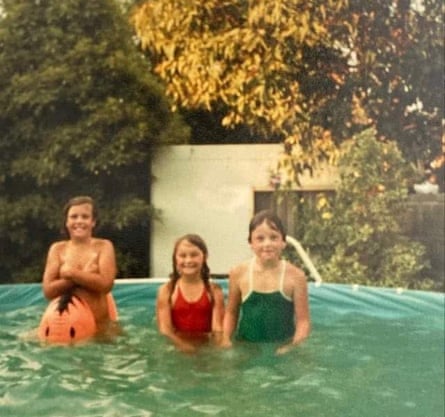

She was a natural at sport and every game we played felt like it had a grand slam title at stake. Her strength and agility, always so apparent, made it difficult to see her so depleted now. The endless cycles of radiation and chemotherapy she had undertaken in the hope they would extend her life were brutal. The steroids she was given to mitigate the side-effects of the “chemo bombs” made her ravenous, but she found it hard to eat, and the keto diet the doctors put her on to slow the growth of the tumour made her excruciating headaches worse.
She apologised for “being a burden”. “I don’t want to die,” she said. We’d had intense conversations before – in the early 90s, she was among the few people I had told I was gay – but this one threw me. “I know,” I said, adding hopefully but pitifully that the treatments “could still shrink the tumour” and give her more time.
We’d go for short walks on Williamstown Beach in Melbourne, where she had liked to swim and take her rescue dog, Polly, for a run. She took me to her favourite bakery – in a former textile factory – where I ordered the sausage roll and custard doughnut. She had the Reuben pastrami sandwich and key lime pie. “I know you can probably get better ones in New York,” she’d said. “But I love them.”
She tired quickly and needed to lie down. I walked her home the few blocks from where we had eaten lunch; the unsaid hanging in the air between us that she couldn’t go anywhere alone because her balance was affected by the tumour and she could fall or, worse, have a seizure. She hated being dependent on anyone. “This fucking toomer,” she said, trying to smile as we walked slowly along her street in the bright winter sun.
after newsletter promotion
I never had to question the strength of our bond or what it meant to my life. But when Chrissy became ill, people seemed to either interrogate me about how deep our friendship really was or avoid the situation – I even felt a vibe from some of, “Why are you making such a meal of this?”
Some friendships were damaged. When I told one friend of 20-plus years I was flying home to Australia to see Chrissy as she was dying, he said, “Jesus, I’m so sorry,” before moving on to tell me about some dramas he was having at work. He never asked me about it again.
A colleague spoke about the death of a friend’s father. “He’s had to fly home – it’s your worst nightmare,” she said after I’d returned to New York from seeing Chrissy for the last time. When I got back to work, my boss never mentioned it and we just carried on as normal, as if my month off had been a jolly holiday.
Some people asked about Chrissy once, and you could almost hear the sigh of relief vibrating through subsequent conversations when they could go back to talking about holidays, parties, work. Some friends, at least, were honest. “I’m sorry. I’ve wanted to message,” a good friend who’d known Chrissy in our early 20s texted. “But I didn’t know what to say.”
I rang a close friend of 15 years to let her know that there was a possibility I might have to fly back to Australia and not be in New York to help her through a medical procedure, suggesting she put a Plan B in place, in case I had to leave quickly. “Of course you’re backing out,” she said, clearly annoyed, which left me speechless.
“Why aren’t you there already? She’s still alive,” she said, which felt very much like an accusation. “Why would you wait for the funeral?”
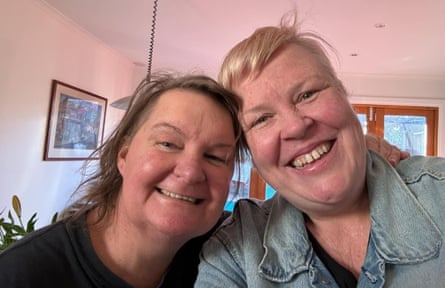
When I said goodbye to Chrissy in Melbourne (we’d cried and said we’d “see each other soon”), I had known I likely wouldn’t see her again, but I’d made peace with that decision. I also knew I would go back for her funeral – not just to celebrate her, but for myself as well, and to be among friends and family. But my friend’s comments made me doubt myself. What is the appropriate course of action to take when your oldest friend is dying in another country? Is one trip enough? Should I have gone five times? Should I have moved back to Australia?
Even if I’d wanted to go and sit by her bedside for a month, there were barriers that stopped me from doing what I wanted to do because when you work on contract as a journalist, a dying friend doesn’t merit the involvement of HR. There was also the crushing sense brought on by some of those around me that a dying friend didn’t warrant the grief I felt.
“We have socially constructed templates for losing a parent, a child or a life partner, but the lack of social templates in the death of a friend plays a big role in isolating people in their grief,” says Rebecca Sokoll, a New York-based relationship therapist. “If I tell someone my mother has died, they immediately reflect back their own understanding over a type of suffering that is established. The response to the loss of a friend is not established, and that requires people to listen and to understand, and few people are going to truly know they need to do that.” In hindsight, I think I craved some kind of acknowledgment over what I was losing; that I shouldn’t need to explain or justify my grief around a 50-year friendship and how devastating that was.
Two days before Chrissy died, I spoke to her on FaceTime. By then, she was mostly asleep but, in a kind and moving gesture, Kev put headphones on her so I could speak to her in private. I told her I loved her; what she and our friendship had meant to me. She frowned slightly and moved her mouth as if to speak, before exhaling deeply and going further into sleep. The memories of our friendship had been ours and now they were mine. I promised her I would remember all the stories for her kids. Kev kissed her hands for me – hands I would know anywhere – and I said goodbye, almost a year to the day since she had been diagnosed.
Mika, a teacher, asked for bereavement leave to fly with me to Melbourne, which was denied because Chrissy did not qualify as a direct family member. The New York City Department of Education gives its employees four days off for deaths in the immediate family, plus an extra travel day if the funeral is outside New York. Mika, who had her own special relationship to Chrissy over the 15 years she’d known her, watched online as I gave a eulogy.
I still talk to Chrissy (God, she loved a chat!) but the loneliness I’ve felt since her death has been painful. Her absence has made me question other relationships in my life. Some I once considered strong have fallen by the wayside. Others have been reignited and some have flourished unexpectedly.
None of us will escape the devastation of losing a close friend. I can only say, cherish those relationships, nurture them and protect them. I thought Chrissy and I would know each other when we were 80, still talking about music and still eating strawberry doughnuts, but she wasn’t afforded the privilege of growing old.
A couple of weeks after her funeral, I went for a swim at Ocean Grove, a rugged beach on the Victorian coastline near my parents’ house, a haven for surfers, seals and, occasionally, great whites. It was an uncommonly hot November day but the ocean still had a chill, the waves were enormous and the current was strong.
I inched in deeper and deeper, sucking in air from the chill, hopping from one foot to the other as the cold of the ocean rode its way up my back. Beside me, a group of teenage girls had run full throttle into the water, screaming and laughing at the shock of the cold. Without fear, they had dived straight under the waves, emerging still laughing and clinging to each other. When did I get so timid? Once – like those girls – I would’ve gone straight under, brazen and unafraid.
On the horizon, a monster set of waves started to rise, rolling in so quickly that I had a second to decide – go over or go under. There was only one course of action. I breathed deeply and went down into the water as low as I could go, fighting against the washing machine-like cycle of the ocean, which thrashed me around for what felt like an eternity. I knew I couldn’t resurface because there’d be another wave right behind it before the swell could reset and calm itself ahead of the next rising onslaught. I held on until my lungs felt as if they were about to burst when, finally, the endless churn started to subside, and I could come up for air.

 3 months ago
56
3 months ago
56
